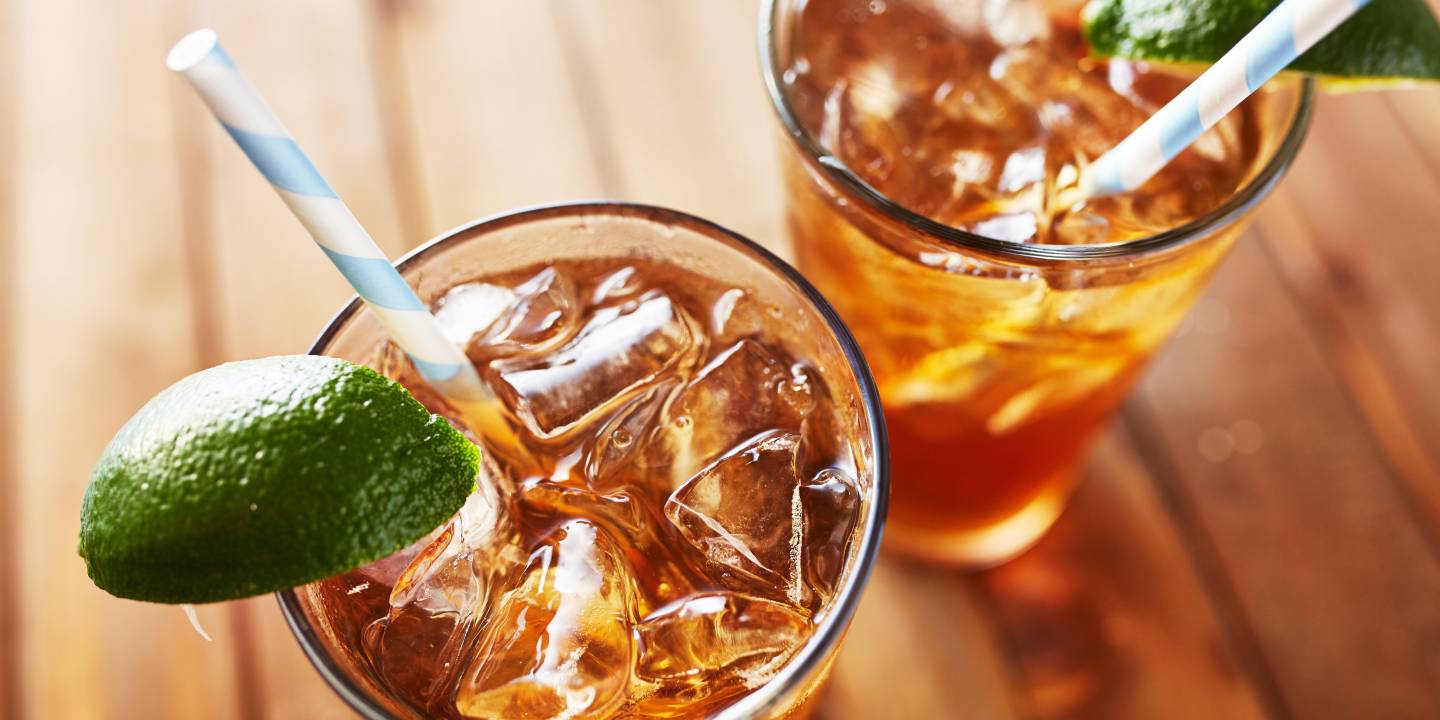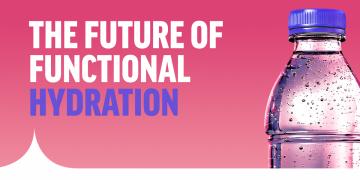As consumers across the globe continue to search for functional beverages with less sugar, there is a marked increase in the demand for products that promote health and wellness. The perception of sugar is changing, and so is the market surrounding functional beverages. We looked at these beverage trends and how they differ in the US, UK, and Europe.
United States
According to the Harvard School of Public Health, studies have shown that sugar-sweetened beverages are the largest source of calories and added sugar in the US. With the health risks associated with these beverages, consumers are ditching the sweetened drinks for those with reduced sugar. New York passed a law to regulate the serving of soft drinks at restaurants, fast food establishments, and sports stadiums to no larger than 16 oz. Berkley, California created a one cent tax for every ounce of sugar in a soft drink. This resulted in a 9.2-56% sugar consumption drop in the last six years. With time passing, there is added pressure from organisations on congress to pass stricter regulations on soft drinks across America.
With the implementation of these rules and regulations against soft drinks and sugary beverages in the United States, there is a generation of new drinks taking over the market.
In 2020, Americans are consuming more beverages that incorporate essential nutrients. Natural flavours from fruits, vegetables, and herbs are taking over to give beverages the taste consumers are craving. The US has seen a 27% growth in Kombucha and sparkling teas in the last two years, as well as a 9% growth in plant-based milk alternatives, coffee, energy drinks, and carbonated bottled water.
Not only are these drinks trending strongly in America, but there is one other that is particularly popular this year; hot tea. Last year, the US hot tea market stood at $2.8 billion and is expected to reach $3.4 billion by 2023. This is because teas offer expansive innovative solutions that the US consumers are looking for. Gen Z and Millennial consumers particularly prefer green or black teas with flavour infusions. With this in mind, the tea market will continue to rapidly grow with many different flavour options hitting the market in the next few years.
United Kingdom
In 2013, the British Medical Journal published a theory that putting a 20% tax on sugary beverages would help target population obesity and reduce the levels by roughly 1.3%. The government later introduced a sugar tax named the “Soft Drinks Industry Levy”, that took effect in 2018. This tax charged 18p on drinks containing 5-8g of sugar per 100ml, and 24p on drinks that contain over 8g of sugar per 100ml.
It’s still too early to determine the effects the tax has had on consumer health in the UK, but it has generated around £1 billion a year in tax revenue, which is used to help fund sports throughout UK schools.
Ever since the Soft Drinks Industry Levy, there has been a rise in the sugar-free or low-sugar beverage offerings from brands in the UK. Consumers are preferring beverages that promote sustainability, veganism and health. Tea is seen as an alternative to carbonated soft drinks, alcohol, and even morning coffee. Anything that claims to promote a healthy lifestyle while boosting antioxidants, relieving stress, and helping aid sickness, has potential to be successful in the UK beverage market. This is something tea can check off in every box. The UK has also seen growth in the bottled water category. Bottled waters can be found with added vitamins and minerals, as well as natural flavours of fruit and vegetables. Probiotic and fermented beverages also see a continuous growth in consumption in the UK, with Kombucha having the largest growth.
As we continue into 2020, we are still seeing the same sustainability, veganism and health trends dominate the beverage market in the UK. Low and no alcohol claims are also looking promising for this year. Alcohol-free beer is becoming popular in the industry as consumers are drinking less alcohol due to health concerns. Leading brands are acting to getting rid of alcohol in beer and staying on top of the trends in the UK.
Europe
In 2016, it became illegal to sell unlimited soft drinks in France. This meant no refills on sugar-sweetened beverages. This came after the rise in obesity in France, and the recommendation of taxing sugary beverages from the World Health Organization. The Union of European Soft Drinks Association voluntarily ceased the sale of soft drinks in secondary schools in the European Union in 2017 after its initial move of removing the sales from primary schools 10 years before. Other countries in Europe containing a soda tax include Hungary, Ireland and Norway.
Due to the movement to reduce the intake of sugary beverages across Europe, the market has been primarily comprised of the sale of sports and energy drinks. There has also been a notable increase in beverages containing vitamins and minerals, and herbal flavourings. Probiotic drinks are also starting to be a favourite among the European consumers. Kombucha has found success, and with a number of other lines being launched, the promotion of Kombucha consumption continues to increase.
2020 sees a growing number of functional lines being introduced to the European market. We might see a shift in the next few years towards a variety of products added to the sports and energy drinks. The functional beverage market in Europe is projected to see a 6.5% growth between 2020 and 2025. As consumers are making more health-conscious decisions, and companies are taking measures to adapt their products to the demands, this category is set to grow. In the near future for Europe, we will see an increase in the consumption of natural flavours, allowing nutrient-dense ingredients to dominate the European market. Juice blends, enhanced water, energy drinks, probiotic drinks, and beverages containing vitamins and minerals will see a step up in production and quality in the next few years in Europe.
*Sign up for our newsletter below to receive our latest trend insights straight to your inbox.



